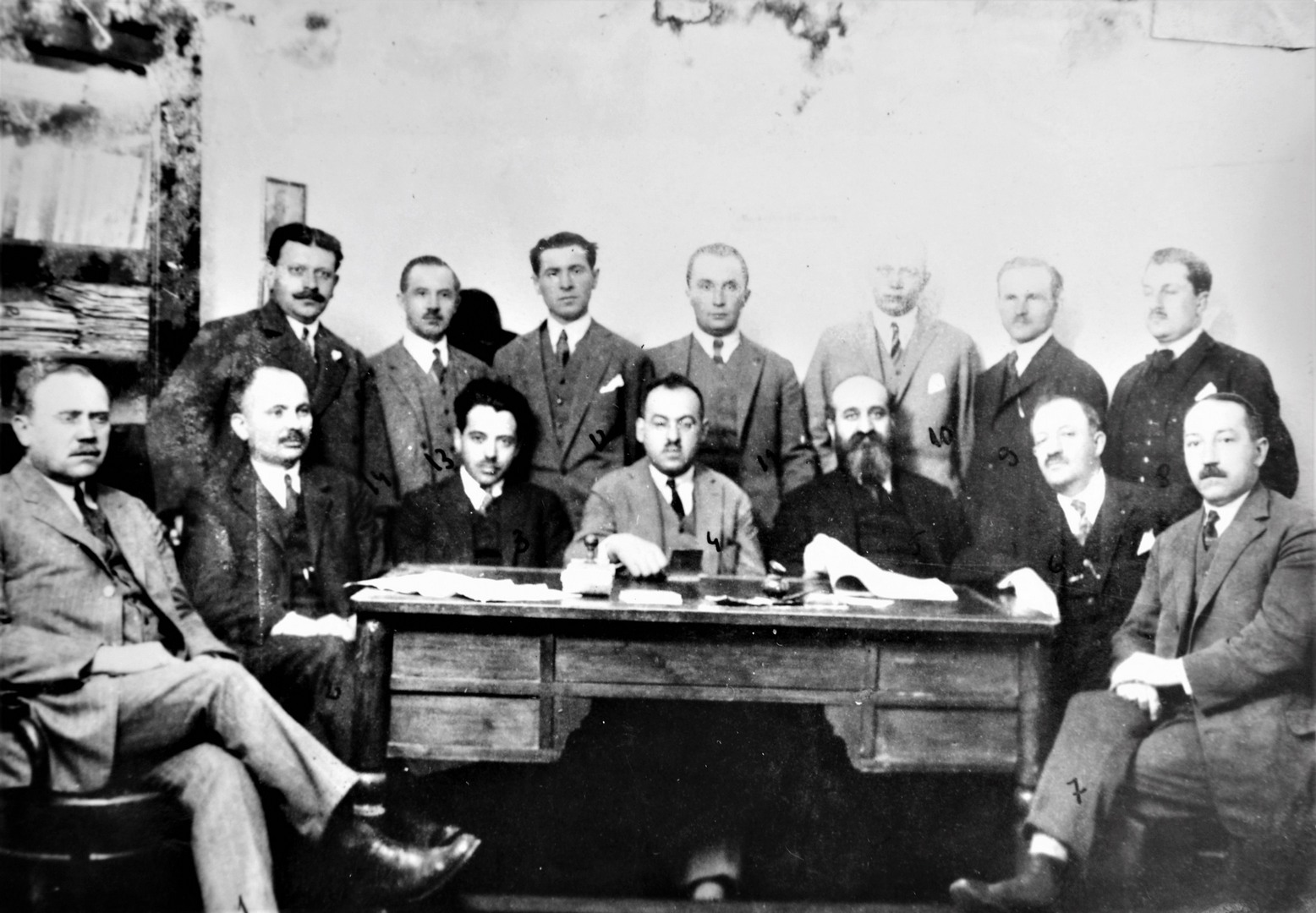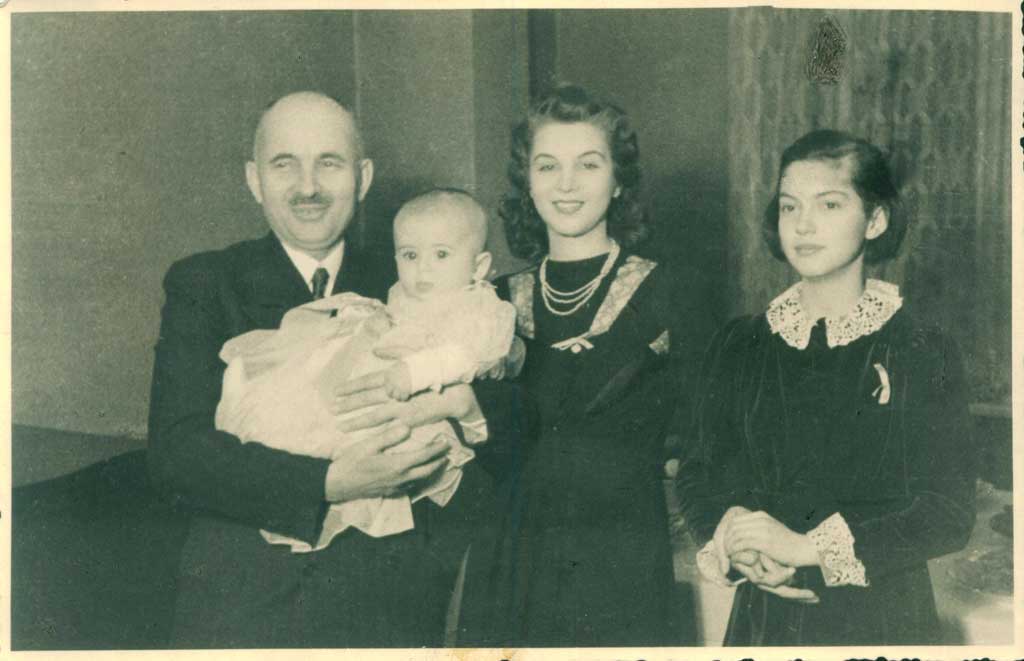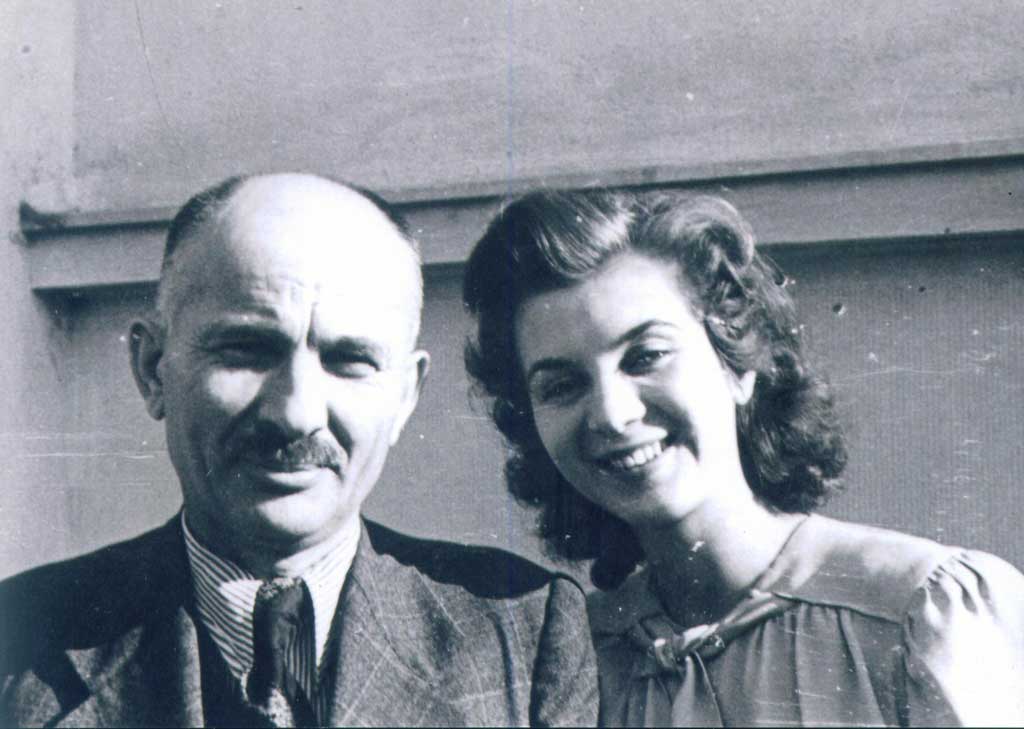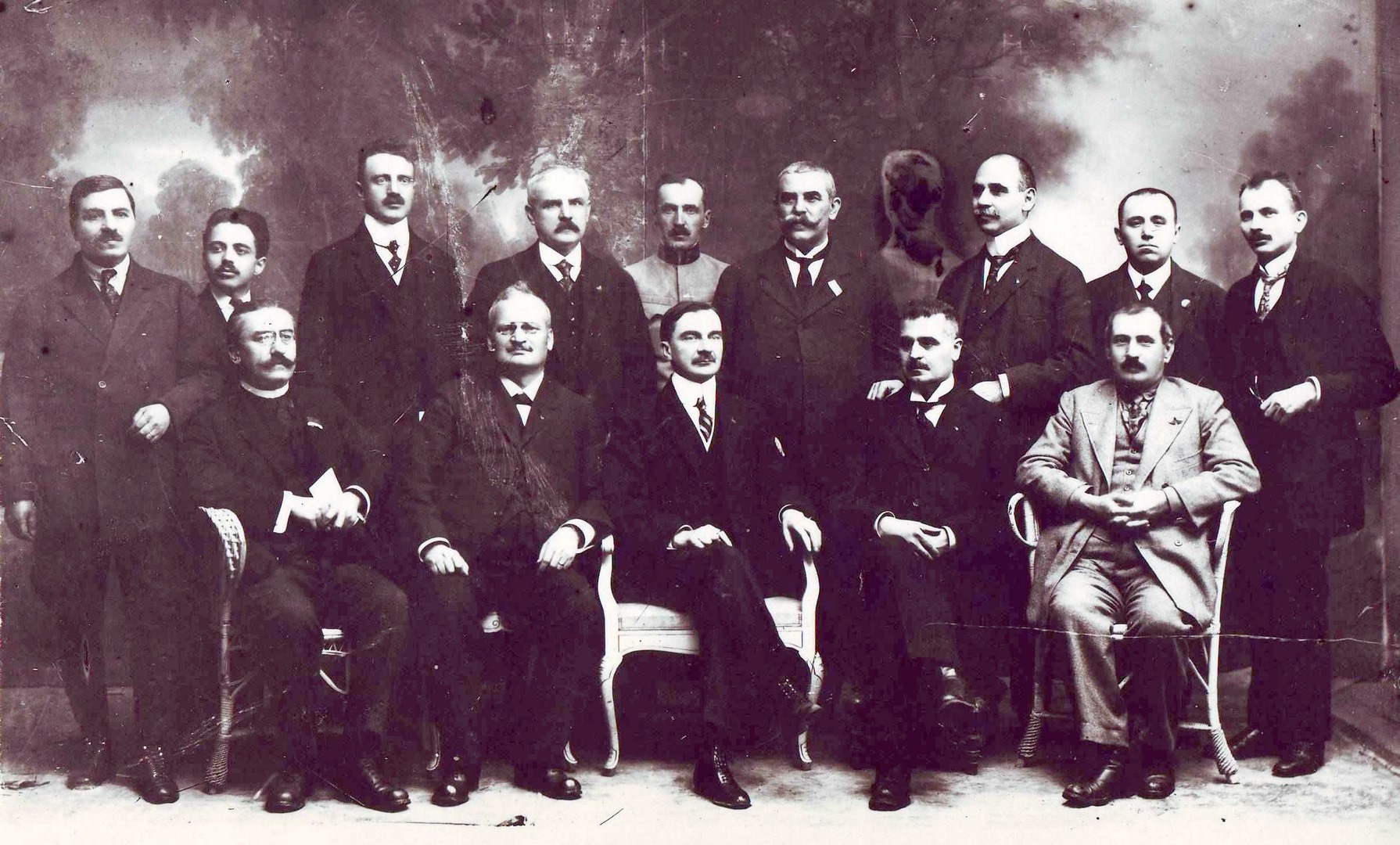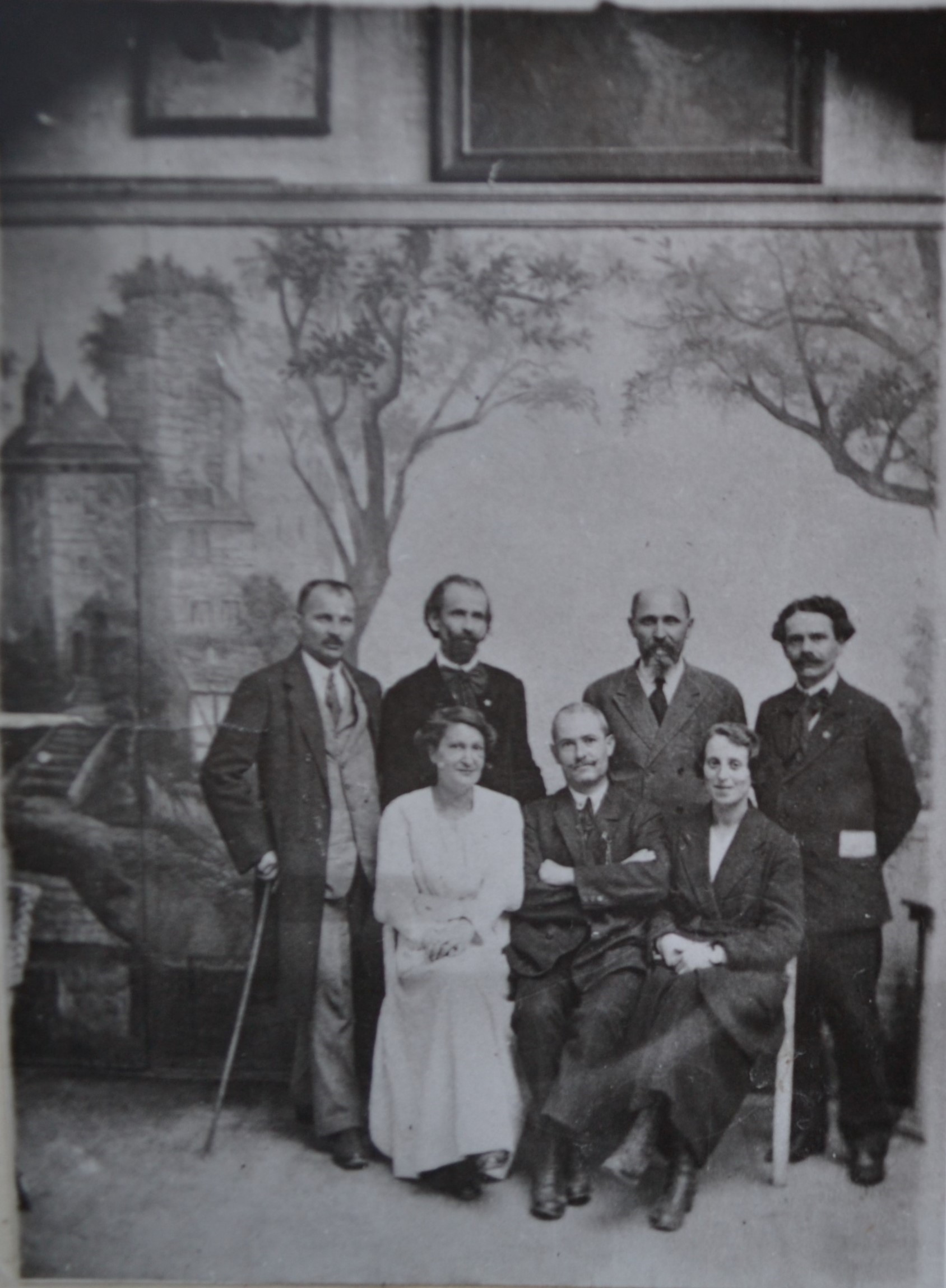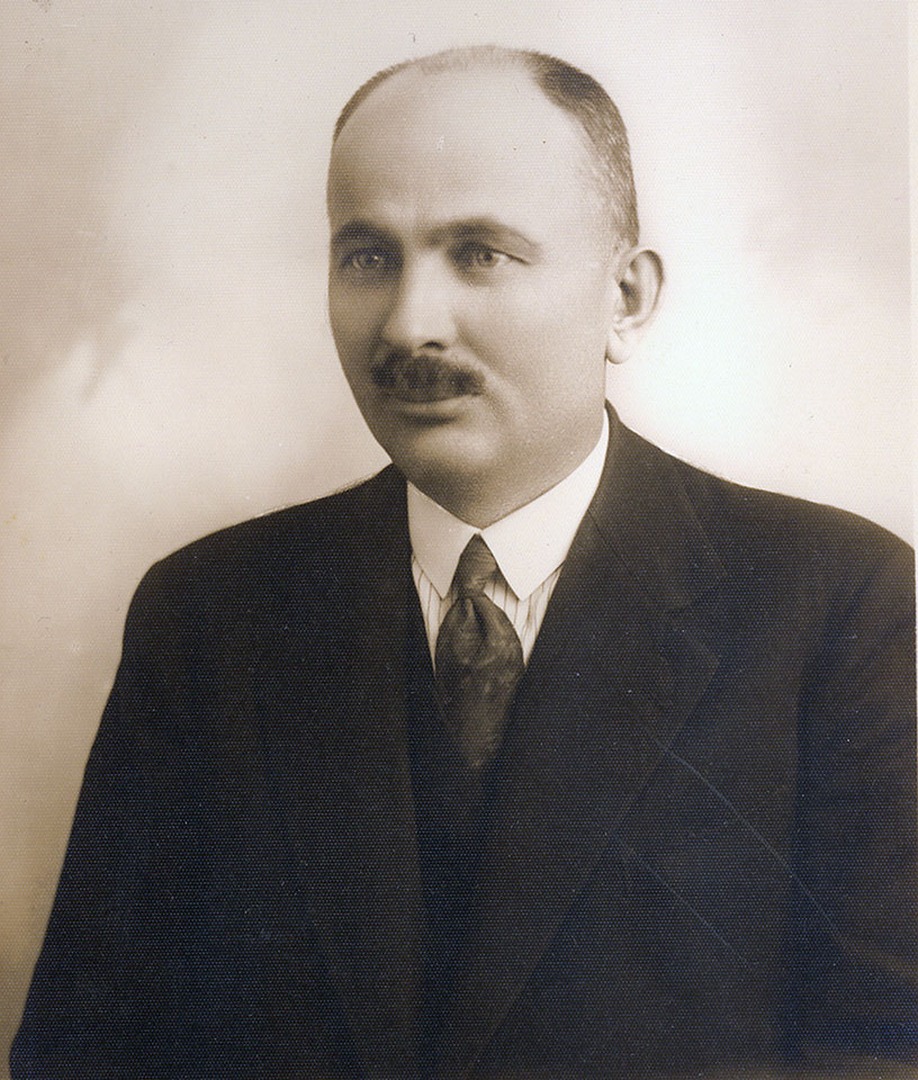Ion Flueraș
Ion Flueraș
1882-1953
„On 1 December 1918, the Assembly of Alba Iulia was held. Two days before the meeting of the National Council was also held in Alba Iulia in order to draw up the resolutions. It was a historic meeting. On behalf of our party I also attended the meeting…. We wanted the union, but we wanted autonomy with reliable guarantees so as not to move from the bondage of the magnates to the bondage of the boyars. We, Social Democrats, struggled a lot in that council so that our point of view should be admitted: union, but until a new free constitution of the whole country is voted for, Transylvania shall stay autonomous.”
Member of Parliament, leader of the Social Democratic Party, member of the Governing Council and president of the General Confederation of Labour, Ion Flueraş played an important role in disseminating the unionist ideas among the Romanian workers in Transylvania and Hungary. In 1918 he was elected member of the Central Romanian National Council, the political body that led the action of liberating Transylvania from under the Hungarian domination. He made his contribution to giving the final form of the articles included in the Union Resolution of Alba Iulia. He was elected Vice-Chairman of the Great National Assembly of 1 December 1918. Subscribing to the national idea and disregarding the socialist preconceived ideas of the time, Ion Flueraş accepted to be on the Governing Council and was appointed head of the Social Protection and Hygiene Department, the task of reorganizing the hospitals and medical services, deeply affected by the consequences of the war, devolving upon him. In 1919 he was sent as an official delegate to the Peace Conference in Paris with the mission to convince the socialist parties abroad of the need to reaffirm the Union decision of Alba Iulia and to discourage the intentions of the Hungarian socialists, who demanded a plebiscite to be organized on the union of Transylvania with Romania.
He strongly opposed the affiliation of the Socialist Party of Romania to the Third Communist International in Moscow. He became the target of attacks by communist groups because of his active involvement in the Union Act. He was classified as an opponent to bolshevism and a traitor of the international socialist principles. In September 1945 he was arrested and sentenced to three months in prison on grounds that he had distributed “prohibited leaflets of a democratic nature.” For his constant opposition to the Soviets, he was re-arrested in 1948 and sentenced to 15 years in prison for “high treason crime.” While in detention, he was beaten with broom handles, tortured with a tight sock filled with sand, and forced to wash the toilets of the detainees. He was beaten to death in the prison at Gherla on 7 June 1953. The body of the old fighter for the union was thrown into the mass graves on bank of the Someş River by prison guards.
„Ion Flueraş had lost his consciousness, his head swollen with bruises on his face and traces of blood at the mouth and nose. His hands were also swollen and black. On his coarse coat and trousers there were blood stains. He was unconscious, his eyes closed, and he was continuously groaning”
(Mihai Rădulescu, political prisoner, “The Life and End of Ion Flueraş at Gherla).

